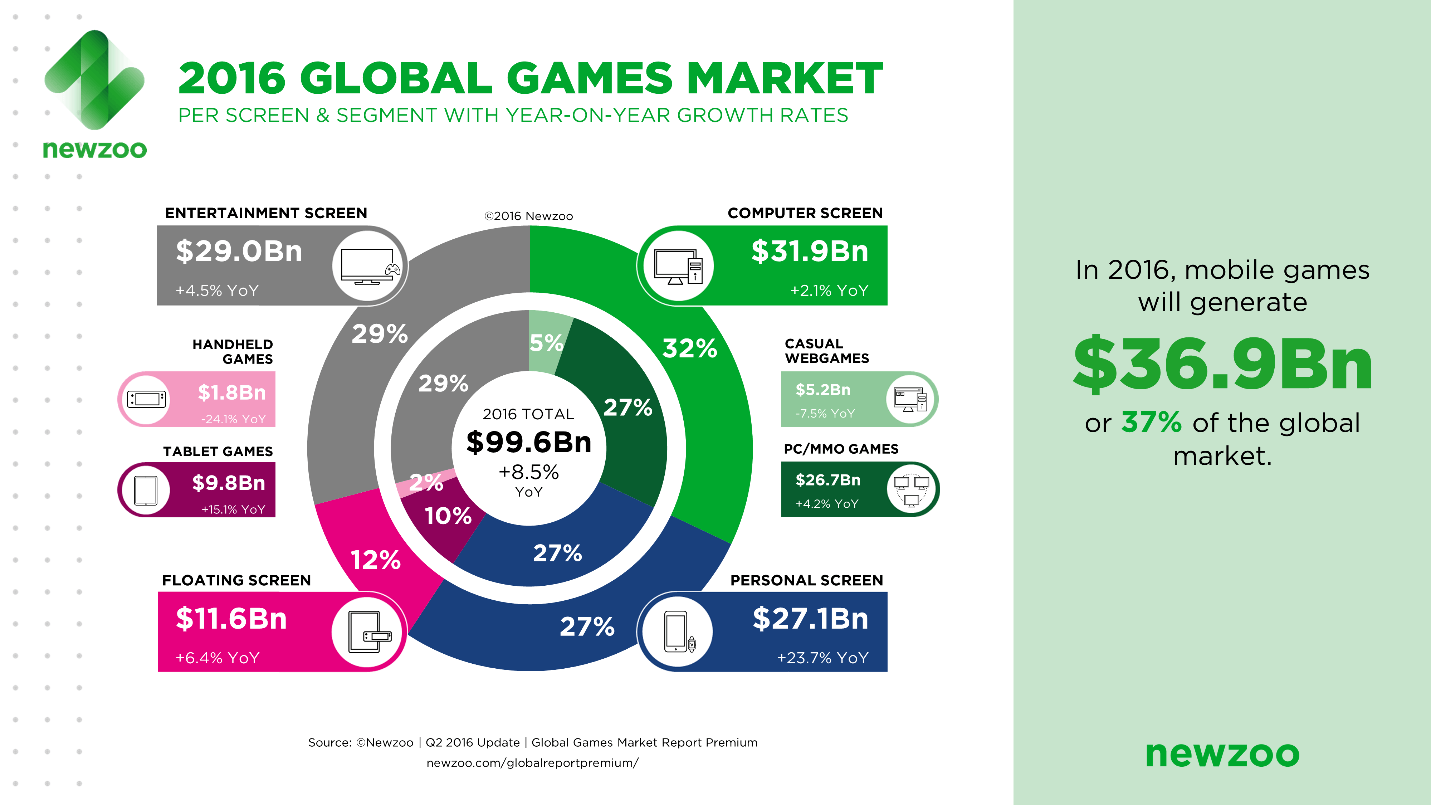Blggzz: Your Daily Dose of Insight
Stay updated with the latest news and informative articles.
Why User-Generated Gaming Markets Are the Wild West of Creativity
Discover how user-generated gaming markets unleash unparalleled creativity and innovation, making them the untamed frontier of the gaming world!
Exploring the Uncharted Territories: The Impact of User-Generated Content on Gaming Creativity
The world of gaming has evolved significantly over the past few decades, with user-generated content (UGC) emerging as a powerful force driving creativity within the industry. By allowing players to craft their virtual experiences, game developers have opened the doors to uncharted territories in storytelling and gameplay design. Players now have the ability to create custom levels, characters, and even entire game modes, leading to an influx of diverse and innovative ideas. This trend not only enhances player engagement but also fosters a vibrant community where creativity flourishes and new gaming experiences are shared.
Moreover, the impact of user-generated content extends beyond creativity; it also has significant implications for the gaming economy. Many platforms have adopted systems that reward creators, leading to the emergence of a new genre of game designers. This democratization of content creation encourages collaboration and competition, further pushing the boundaries of what games can offer. As players continue to explore these uncharted territories, they contribute to a richer gaming landscape, ensuring that the industry remains dynamic and ever-evolving.

Counter-Strike is a highly popular first-person shooter game that pits teams against each other in various combat scenarios. It emphasizes teamwork, strategy, and precise shooting skills. Players often look for ways to enhance their gaming experience, and one way to do that is by utilizing special offers, such as the daddyskins promo code, to acquire unique skins and gear.
From Modding to Monetization: How User-Generated Markets are Redefining the Gaming Landscape
The gaming landscape is undergoing a significant transformation as user-generated markets gain prominence, shifting the relationship between players and developers. Modding, once a niche hobby for passionate gamers, is now at the forefront of this evolution. Players create modifications that enhance gameplay, introduce new features, and even craft entirely new experiences. These user-generated mods have become a vital component for numerous games, enriching the community and fostering a sense of ownership among players. In turn, developers are capitalizing on this trend by supporting modding through official tools and platforms, encouraging creativity and collaboration.
As the lines between players and creators blur, opportunities for monetization are emerging within these user-generated markets. Platforms like Steam Workshop and Epic Games Store are enabling gamers to sell their mods, allowing talented creators to earn from their passion. This shift not only provides financial incentives but also encourages a vibrant ecosystem where innovation thrives. As players continue to shape the gaming landscape, it is essential for developers to recognize and embrace this change, creating avenues that benefit both the community and the industry as a whole.
Is User-Generated Content the Future of Gaming Innovation or a Creative Chaos?
User-generated content (UGC) is rapidly transforming the landscape of gaming innovation. Platforms like Roblox and Minecraft are testaments to the power of community creativity, allowing players to design their own worlds and experiences. This shift not only fosters an engaged player base but also provides game developers with an endless supply of ideas, encouraging a collaborative approach to game development. As the gaming industry embraces UGC, we see a trend towards more personalized and immersive experiences that resonate with players on a deeper level.
However, the rise of UGC poses its own set of challenges and concerns, leading some to refer to it as a creative chaos. The varying quality of content can lead to fragmentation, making it difficult for players to navigate the myriad options available. Moreover, the question of copyright and ownership arises—who truly owns the creations made by the community? As the debate continues, it's clear that while UGC holds the potential to revolutionize the gaming industry, maintaining a balance between innovation and quality assurance will be pivotal for its success.